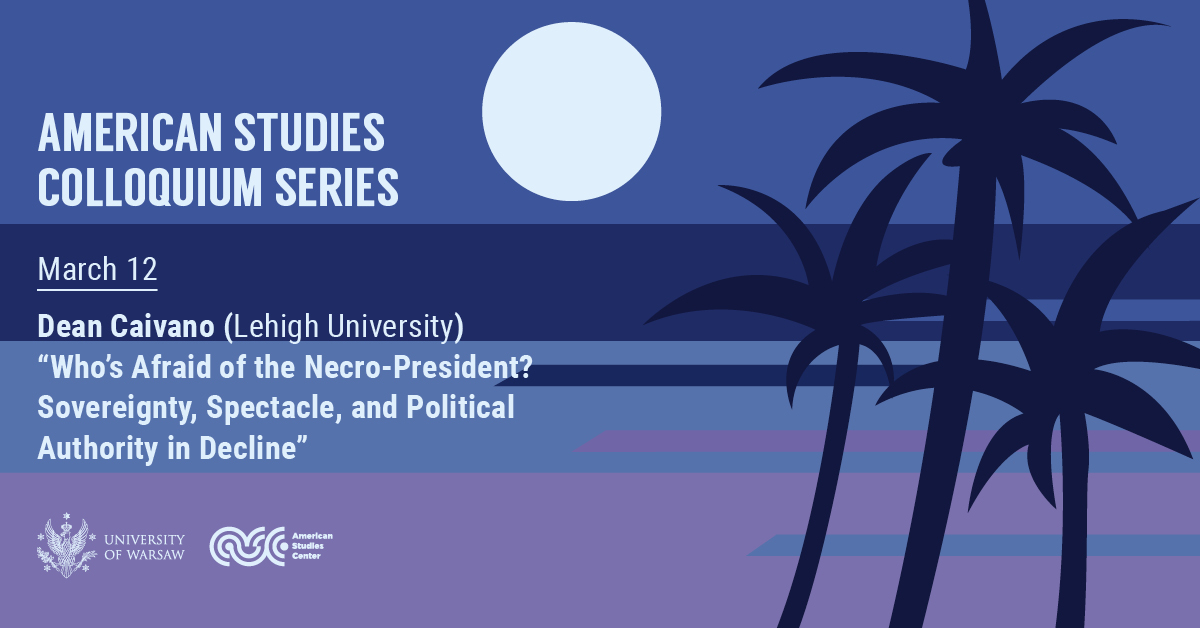The conference was organized by the EAAS in collaboration with the American Studies Center and the Institute of English Studies of the University of Warsaw and held virtually between April 30 and May 2, 2021.
EAAS Biennial 2020 Conference coincided with the 400th anniversary of the establishment of the Plymouth Plantation. Falling on the quadricentennial, EAAS 2020 invited broader contemplations of American history, politics, and culture. The conference sought to underscore questions of optics, distance, and acuity. The concept of “20/20 vision,” an optical term denoting “normal” visual clarity and sharpness of sight, invites a reflection on historical distance, focal points, visibility and invisibility of socio-historical, cultural, and literary aspects of American citizenship, space, and renewal until today.
More information at the conference website: http://eaas2020.eu/
The keynote speakers were:
Prof. Wendy Brown (University of California, Berkeley),
Prof. Michelle Burnham (Santa Clara University),
Prof. Tomasz Basiuk (ASC, University of Warsaw).
Below you can watch recording from their lectures:




